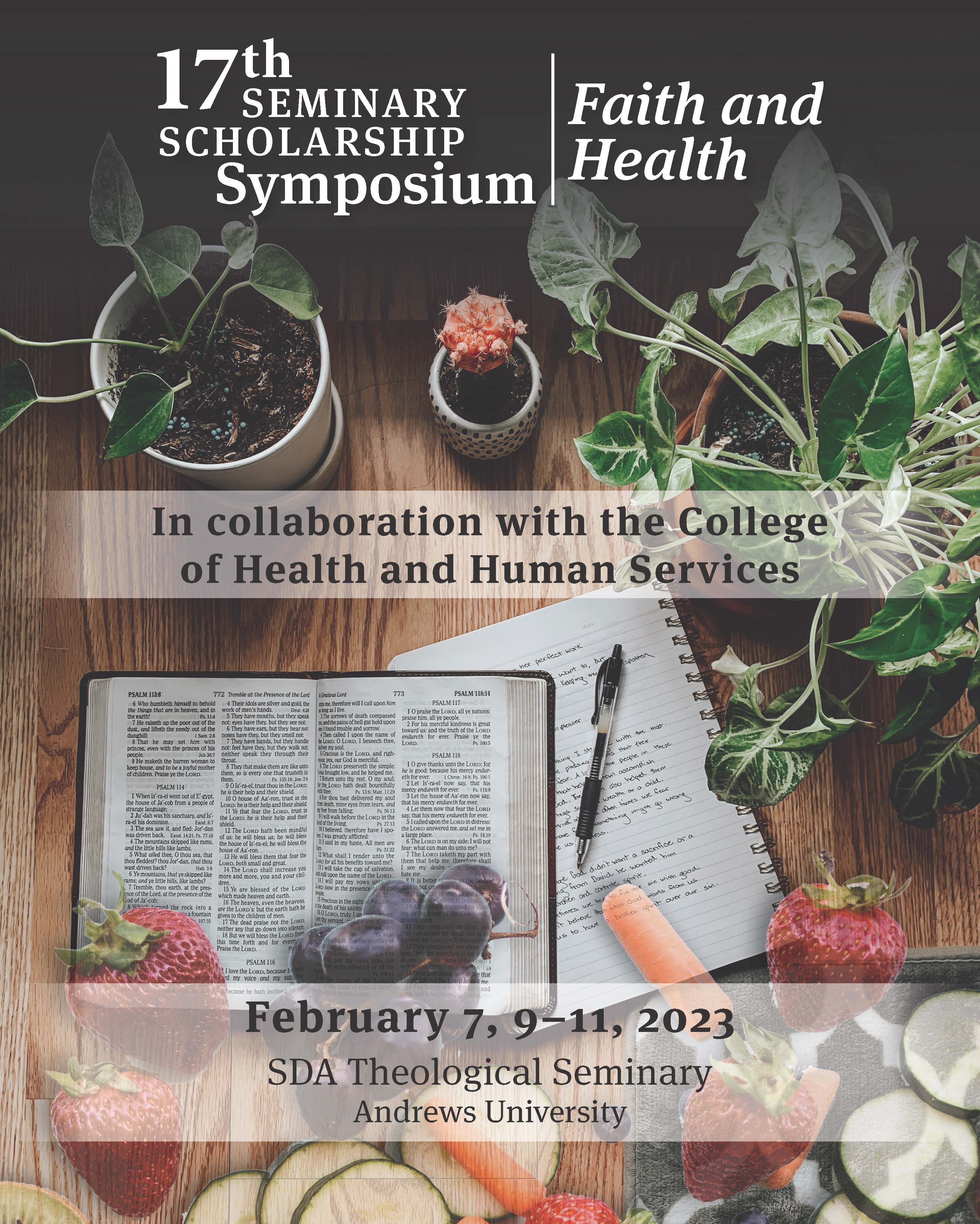Adverse Childhood Experience (ACES) in Seminary Students: 4 Years of Data
Location
Seminary Room S215
Start Date
10-2-2023 10:10 AM
End Date
10-2-2023 10:40 AM
Description
Every Fall Semester since 2019, during their first semester in seminary, seminarians have been invited to take the Expanded ACE survey. This survey consists of the original ten ACEs proposed by Dr. Vincent Felitti and his team at Kaiser Permanente Hospital in San Diego, CA, the architects of the ACE study in the mid-1980s. This study showed that when participants had one of more ACEs, the probability of their experiencing chronic health problems, mental health issues such as depression and anxiety, and self-destructive behaviors such as drinking, smoking, overeating, etc., increased compared with those who had no ACEs. In addition to the original ten ACEs, we added additional ACEs that were not in Felitti’s groundbreaking study. These included spiritual abuse, performance orientation, conditional love, and neighborhood violence to name a few. This presentation will share the initial results of the four years of data collection which includes findings from over 600 students. I will also share plans for the follow-up studies and the vision for creating trauma-informed churches in the Seventh-day Adventist Church.
Adverse Childhood Experience (ACES) in Seminary Students: 4 Years of Data
Seminary Room S215
Every Fall Semester since 2019, during their first semester in seminary, seminarians have been invited to take the Expanded ACE survey. This survey consists of the original ten ACEs proposed by Dr. Vincent Felitti and his team at Kaiser Permanente Hospital in San Diego, CA, the architects of the ACE study in the mid-1980s. This study showed that when participants had one of more ACEs, the probability of their experiencing chronic health problems, mental health issues such as depression and anxiety, and self-destructive behaviors such as drinking, smoking, overeating, etc., increased compared with those who had no ACEs. In addition to the original ten ACEs, we added additional ACEs that were not in Felitti’s groundbreaking study. These included spiritual abuse, performance orientation, conditional love, and neighborhood violence to name a few. This presentation will share the initial results of the four years of data collection which includes findings from over 600 students. I will also share plans for the follow-up studies and the vision for creating trauma-informed churches in the Seventh-day Adventist Church.




Comments
Breakout Session